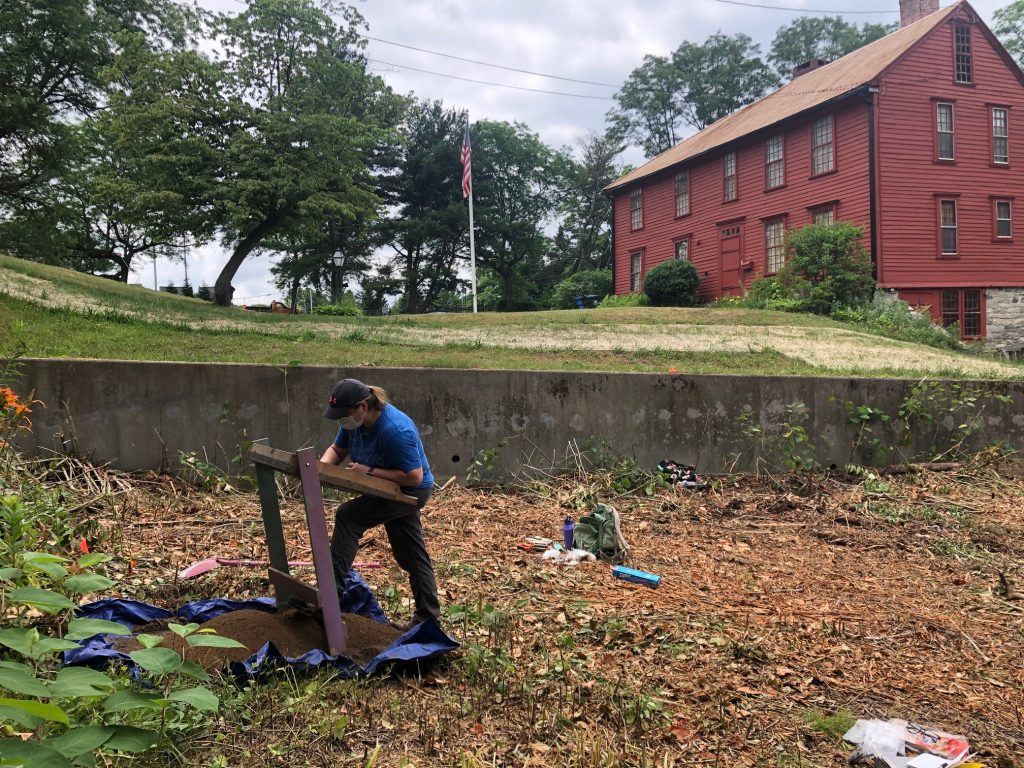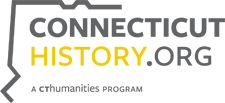The Good to Great 2.0 grant program, funded through Public Act 14-98, is for nonprofit arts, cultural, and historic organizations that connect art, history, and tourism to enhance visitors’ experience of an arts/cultural venue and/or historic site (i.e., museums, historic houses, historical societies, arts organizations, cultural centers, and other types of organizations that offer activities such as exhibitions, performances, arts classes, public programs, or walking tours to the general public).
Eligible applicants must be 501(c)(3) organizations that own or operate an arts/cultural venue or historic site in Connecticut and that promote the art, culture and/or history of the state. While organizations of all sizes are eligible, we particularly encourage small to medium-sized organizations with an operating budget of under $500,000 to apply for these funds, as a portion of total allocated funds will be reserved for this constituency.
Competitive applications will not only look beyond basic facilities repair, rehabilitation, or expansion but also towards new means of sharing and telling the stories of our state’s rich history and culture in engaging, meaningful, and relevant ways. Funding will be prioritized for projects that demonstrate a clear vision of how individual sites and organizations can effectively tie together local, regional, or statewide cultural assets in ways that demonstrate measurable movement from “good” to “great”.
Good to Great 2.0 is a program of the Department of Economic and Community Development in partnership with Connecticut Humanities.
The goals of the Good to Great program are to fund capital projects* that:
- Link art, culture, history and preservation in ways that will enhance and transform the visitor experiences of cultural and historical sites.
- Look beyond basic facilities repair or expansion and consider engaging, meaningful, and relevant ways to share Connecticut stories, which can include innovative means of delivery.
- Demonstrate an awareness of state tourism goals and include a clear marketing plan on how connect the two.
- Expand opportunities for small to medium-sized 501(c) 3 cultural organizations.
- Support organizations that seek to expand, and enhance the promotion arts, culture, and/or history of Connecticut.
- Increase public awareness of and/or visitation to arts, culture and history organizations in Connecticut.
*For the purposes of the Good to Great program, “capital” projects must either create new, or improve on existing property of the organization. Materials or products that are “used and consumed” are not capital expenses. Examples of capital improvement include: construction of an ADA accessible entrance to a building, rehabilitating an underutilized space and putting it back in service for the pubic, or restoring historic fabric in a manner that follows the Secretary of the Interior’s Standards for the Treatment of Historic Resources.
Please read the Good to Great 2.0 Grant guidelines before applying. The Good to Great 2.0 Grant guidelines detail eligibility requirements, eligible expenses, grant duration, and more.
View Grant Guidelines
To preview the Good to Great 2.0 Letter of Interest, click here.
Once your Letter of Interest is approved, you will be given access to the Good to Great 2.0 application. To preview the application, click here. Please note that you will not have access to complete the Good to Great 2.0 application in the CTH grants portal until your Letter of Interest is approved.
To log in to the CTH Grants Portal to work on your application, click here.
Letter of Interest Deadline: February 3, 2023 by 11:59 p.m.
Application Deadline: March 3, 2023 by 11:59 p.m.
Award Notification: June 12, 2023
Grant Period: 2 years





